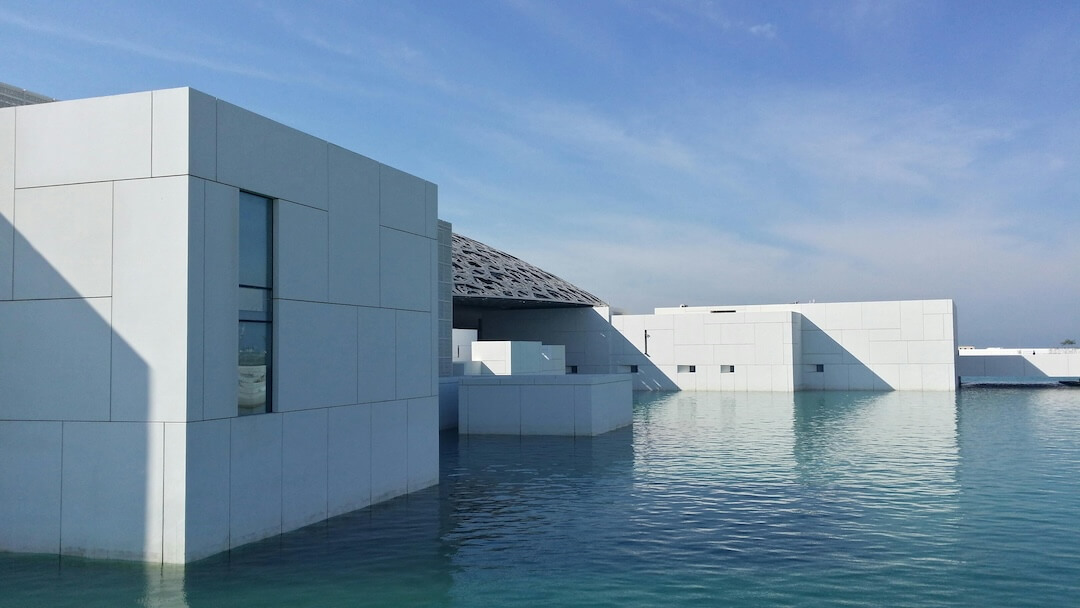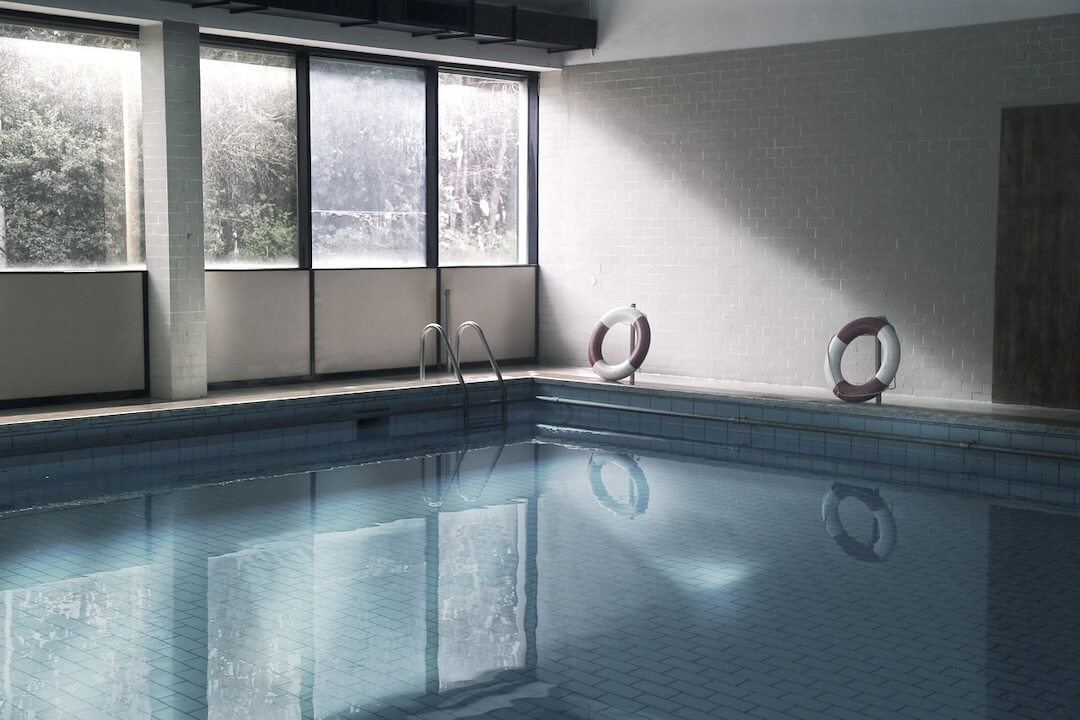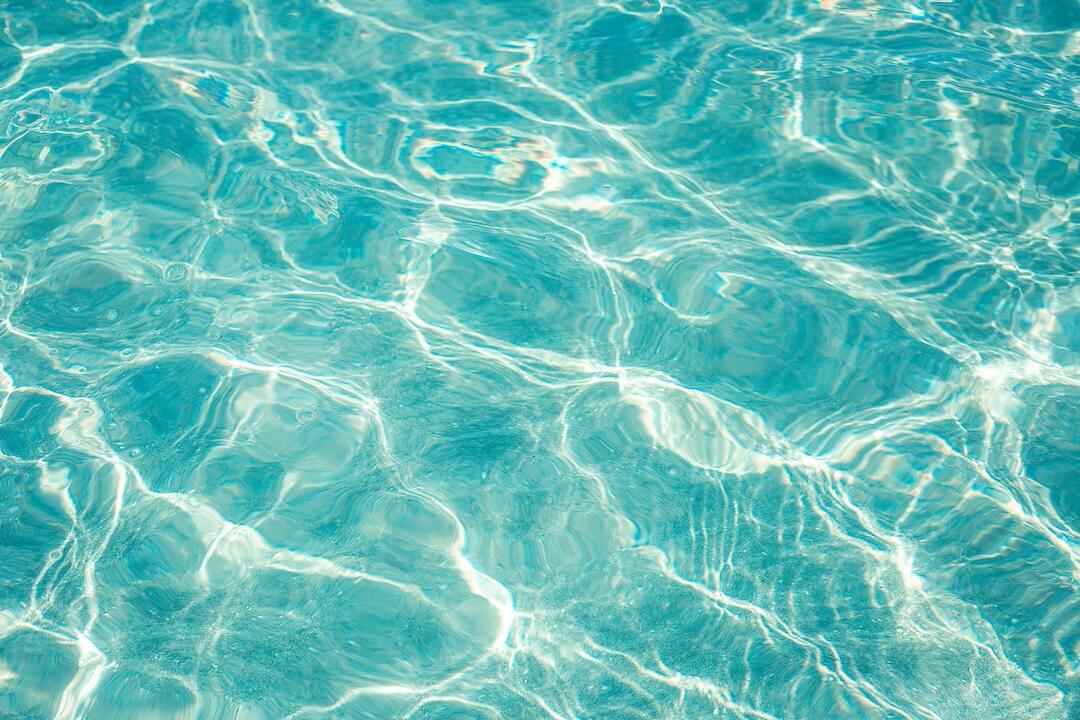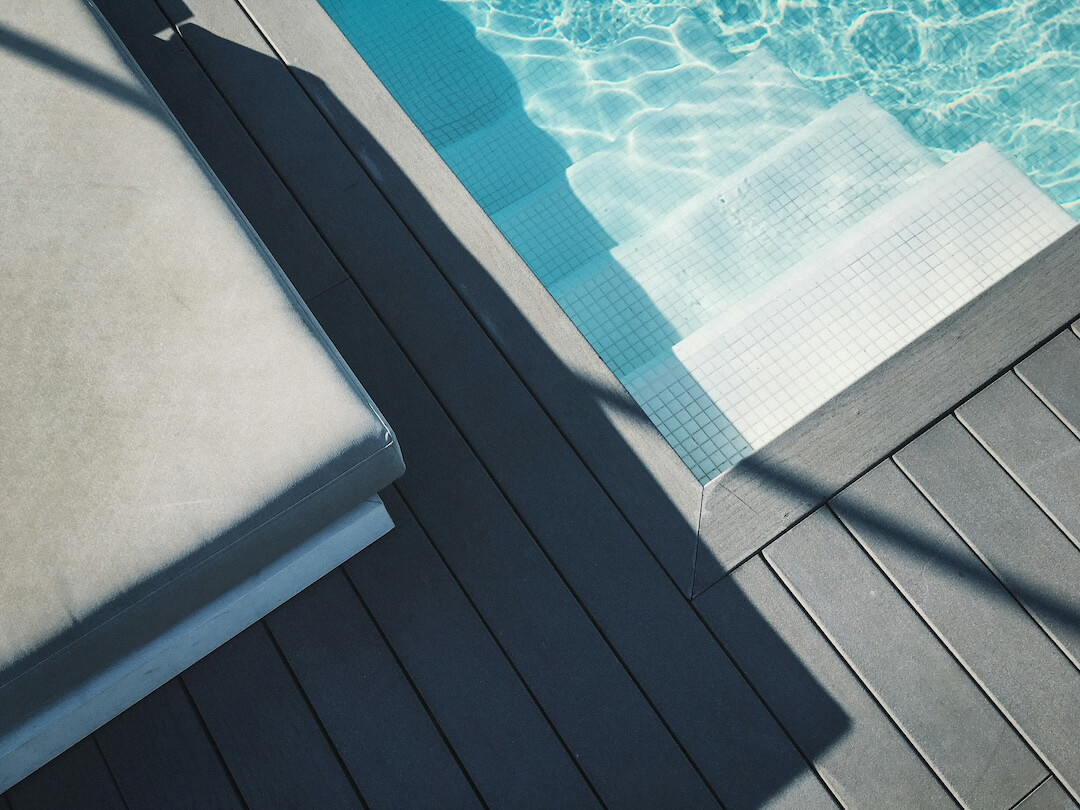Live-oak tassels, palm boots, sea-grape leaves, and bougainvillea petals drift onto pools every hour in subtropical Florida. Our Leaf Removal Pool Service in Pineapple Park skims each piece before it sinks, saving sanitizer, protecting equipment, and restoring a flawless blue mirror. With lightweight carbon-fiber poles, silicone-edged nets, and certified technicians, we keep water inviting for sunrise laps, weekend parties, and rental-guest selfies—no more scooping between swims.
Every floating leaf is a tiny chemical thief. As it soaks, tannins and lignins leach, forcing chlorine to oxidize brown organic molecules instead of disinfecting pathogens. Decomposition releases phosphates—perfect algae fuel—so sanitizer demand climbs again. Thick fronds wedge into skimmer throats, starving pumps, spiking amperage, and shortening motor life. Filters clog faster, heaters shut off on low-flow errors, and robot vacuums stall when impellers jam with twigs. Research at a Central Florida aquatic lab shows that ten ounces of wet leaf litter can consume the free chlorine in 8 000 gallons within 36 hours. In windy Pineapple Park neighborhoods, afternoon gusts often dump pounds, not ounces, of debris. By removing organics within hours we stop the cascade—cutting chemical spend by up to 30 percent, slashing back-wash frequency, and preserving plaster color that would otherwise tea-stain along the waterline.
Each service begins with a slow perimeter walk. The technician angles the pole like a paddle, pushing a silent wake that gathers scattered debris into reach without stirring settled dust from the floor. Our micro-mesh nets glide in wide, overlapping arcs that harvest everything from sprawling palm spathes to pin-head pollen clusters while safeguarding vinyl, quartz, aggregate, and tile finishes. Eye and ear stay tuned to circulation: is the return stream strong, is the weir moving freely, do baskets rumble with cavitation? Tiny cues reveal lurking maintenance problems long before they spike a repair bill.

Once the surface gleams, baskets are emptied, overflow troughs cleared, and debris bagged for compost. The technician records a five-point chemistry snapshot—free chlorine, pH, alkalinity, temperature, and phosphates—then texts a report with date-stamped before/after photos. Owners see exactly what was removed and how the water performed, building seasonal trend data that predicts heavy-leaf weeks. All nets and poles are disinfected between properties, eliminating cross-pool algae or spore transfer and keeping health-department audits stress-free.
When chlorine isn’t busy digesting organics, it stays available to neutralize bacteria and viruses, so combined chlorine (the eye-stinging, nose-wrinkling form) remains near zero. pH drifts slower, meaning fewer acid or soda ash corrections. Families notice clearer goggles, softer hair, and water that sparkles in photographs. Resorts report faster inspections because sanitizer ratios hold steady through peak usage and storm runoff events.

Hardware benefits are equally real. Open baskets reduce motor RPM draw; heaters reach set-point sooner; variable-speed pumps remain in low-energy mode longer; and filters stay under design PSI, extending cartridge or sand life by a season. One 30 × 60-foot HOA pool in Pineapple Park saved 4 100 kWh and 28 000 gallons of heated water the first year after adding thrice-weekly skims.
A screened courtyard spa, a waterfront infinity edge, and a vacation rental all face different leaf loads. We tailor sunrise skims for early swimmers, midday sweeps for busy resorts, and “storm-standby” visits triggered automatically when gusts top 25 mph. Contracts remain month-to-month with free pauses during renovation or travel, and route clustering guarantees a 15-minute arrival window, so no one waits half a day for service.

Every visit sends a PDF to your inbox—before/after photos, debris weight, chemical snapshot, and pro tips like trimming a limb or adjusting jet angles. Owners forward the file to boards, inspectors, or renters as instant proof of diligence. Transparent records replace guesswork with trust.
More than 700 residential pools and 50 commercial sites in Pineapple Park rely on our leaf program. Independent turbidity meters show up to 45 percent clearer water and 30 percent chemical savings versus automation alone. A beachfront condo cut filter back-wash cycles from weekly to bi-weekly, saving 35 000 gallons of heated water each season.

We back the numbers with a 24-hour clarity pledge: if leaves float within a day of service and baskets are empty, we reskim free—accountability that keeps crews meticulous and water flawless.
Certified technicians harvest debris robots miss—corners, ladders, spillways.
Reusable nets, biodegradable cleaners, and route clustering reduce waste and emissions.
Photo logs and concise notes after every visit—no guesswork.
If leaves reappear within a day, we reskim free—your satisfaction guaranteed.
Tropical squall left a leaf blanket? Our same-day crew arrives with oversized nets, clears the surface, empties baskets, and leaves water glass-smooth before dawn.